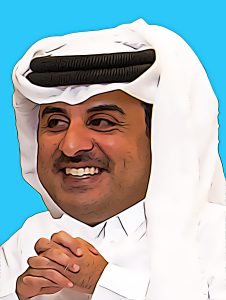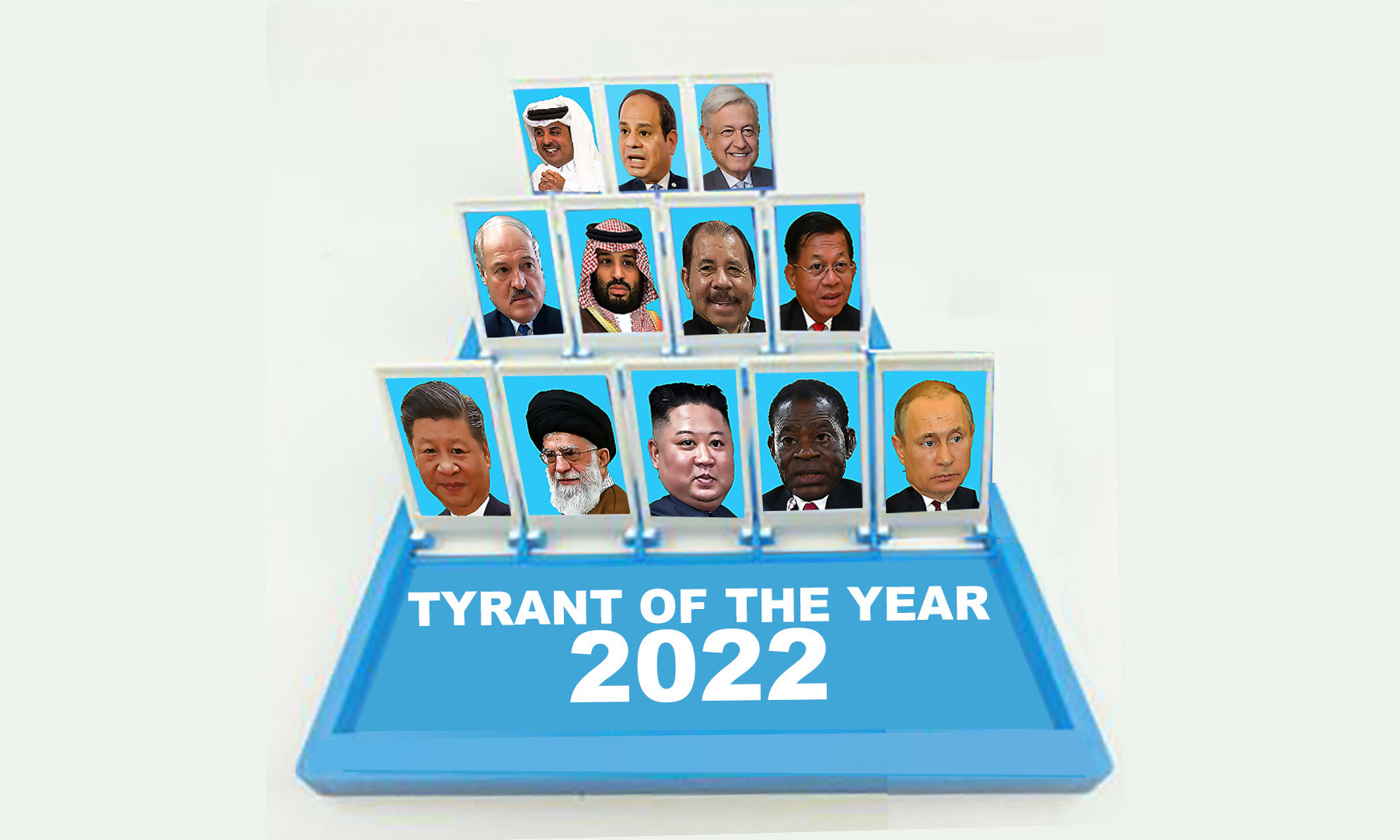 The atrocious worker conditions and contempt for basic human rights in Qatar have certainly been on our minds over the last year. However, relatively little attention has been paid to the man pulling the strings.
The atrocious worker conditions and contempt for basic human rights in Qatar have certainly been on our minds over the last year. However, relatively little attention has been paid to the man pulling the strings.
“Al Thani holds a relatively lower profile than his counterparts in Saudi Arabia and the UAE, but his dedication to censorship is no less concerning. From concealing thousands of workers’ deaths due to poor working conditions to arresting both local and international journalists, Al Thani remains committed to curtailing freedom of expression at every level,” says Emma Sandvik Ling, partnerships and fundraising manager at Index on Censorship.
Tamim bin Hamad Al Thani became emir in Qatar in 2013. Since then, he has demonstrated a commitment to censoring dissident voices. Qatar boasts widespread censorship in the press, academia, and civil society. Blatant cases of censorship are certainly not hard to come by: In 2021, blogger Malcolm Bidali was arrested and spent 28 days in solitary confinement for writing critically about the Qatari royal family. Indigenous groups are excluded from participating in Shura Council elections. In November, two Norwegian journalists were arrested hours before a scheduled interview with Abdullah Ibhais, the former communications director for Qatar’s 2022 World Cup.
Like his regional counterparts, Al Thani has invested in soft power strategies to appease international critics. Index editor-in-chief Jemimah Steinfeld reflected on the 2022 World Cup in Qatar in the autumn edition of the Index on Censorship magazine: “Here’s a nation that prohibits homosexuality, has no free press, forbids protest, restricts free speech. It has stadiums built using migrant labour with little to no workers’ rights. And yet come November these stadiums will open to the world, international dignitaries will be wined and dined and Qatar will revel in the glory associated with hosting a World Cup.”
Global attention will likely move on to new issues and challenges after the World Cup final on 18 December. Still, Al-Thani’s oppressive regime will remain.





